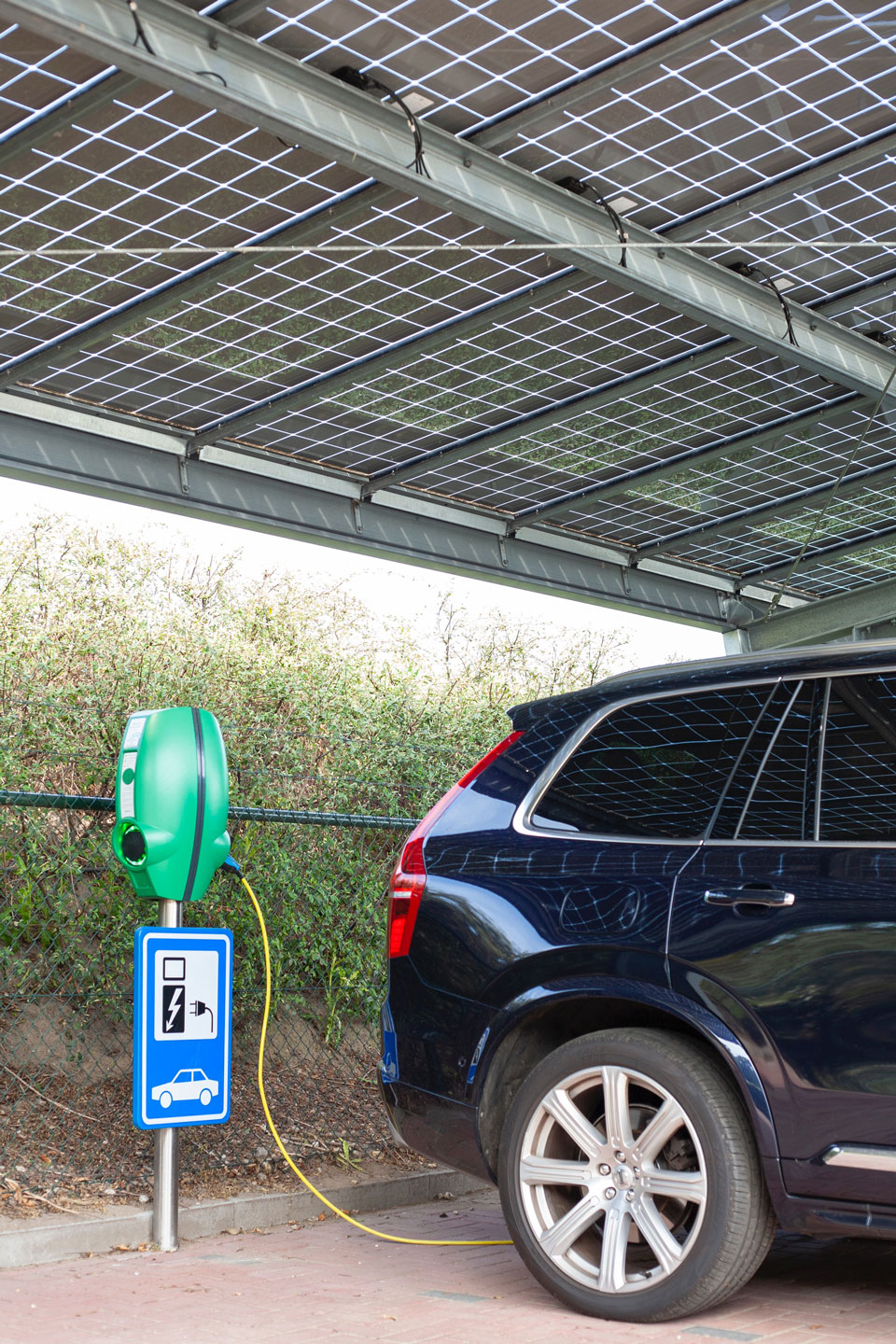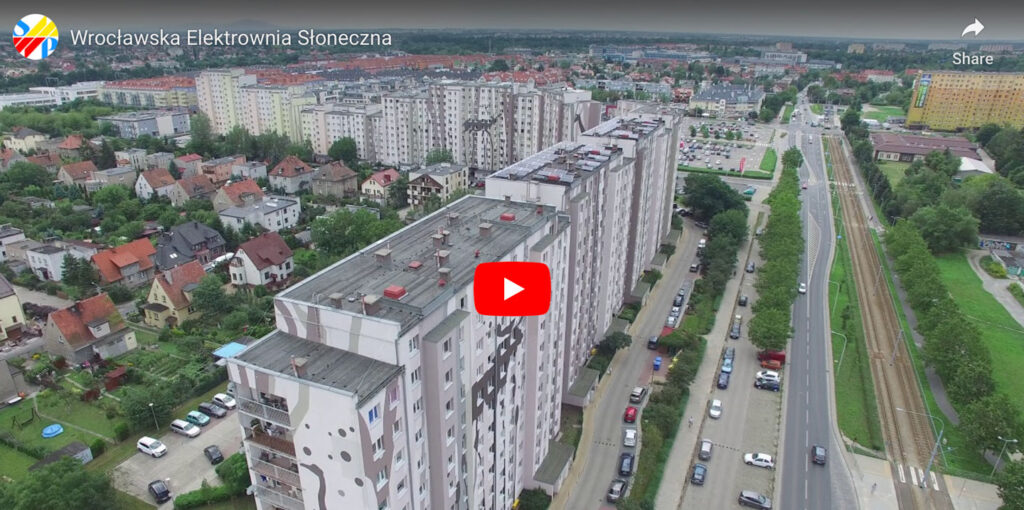The Midas touch: Greece’s biggest coal region is transforming into a renewable energy power house
22 March, 2023
Kozani was once the largest lignite mining region in Greece, and host to the country’s biggest coal power plant. But it’s now in the process of trading in its long and damaging coal legacy for a brighter future built around renewables.
Inaugurated in April 2022, the 204 MW Kozani solar park, built adjacent to several lignite mines, is one of the largest utility-scale solar farms in Europe, and the first of a planned 3 GW of solar power to be built in the country’s lignite regions.
The new Kozani array “is just the beginning,” Konstantinos Mavros, Chief Executive of PPC Renewables, told Beyond Fossil Fuels. “We have been there for decades producing [power] from coal, and now we’re going to be there producing cheap and clean electricity from renewables,” he added.
When finished, the solar park will produce 350 GW hours of cheap clean energy – enough to power 75,000 households and generate approximately 600,000 euros each year in revenues for the region. The site will also reduce carbon dioxide emissions by around 300,000 tonnes per annum, and will lower energy costs for households and businesses.
But the transformation from coal to renewables in Koznai is really only just getting started. In June 2022, Greece’s parliament passed a sweeping new law aimed at reducing average licensing times for renewable energy projects from five years to 14 months.
The government hopes that the measures will clear the way for the construction of 15 GW of new renewable energy capacity and 3.5 GW of storage by 2030, helping Greece to phase-out coal by 2028, and reach its target of producing 70 percent of its power from renewable sources by 2030.
But it’s not just Greece’s state owned utility that is driving the transition in Kozani. The region is also home to a thriving energy community scene.
“Energy communities have a very crucial role to play in solving a number of issues around the energy transition,” Kozani’s former mayor, Lefteris Ioannidis, told Beyond Fossil Fuels. “Primarily, they can significantly contribute to the social acceptance of renewable energy sources,” he said.
This is becoming easier by the day, as renewables bring down the cost of energy, which has surged amidst Russia’s invasion of Ukraine, and people reap the co-benefits of renewables in the form of clean air and water, and climate protection.
For five hours in October 2022, Greece powered itself entirely with renewables. With the country set to reach its 2030 solar target of 8 GW capacity seven years ahead of schedule, Greece looks to be a front-runner in the race to a fully renewables-based, fossil-free powered Europe by 2035.


